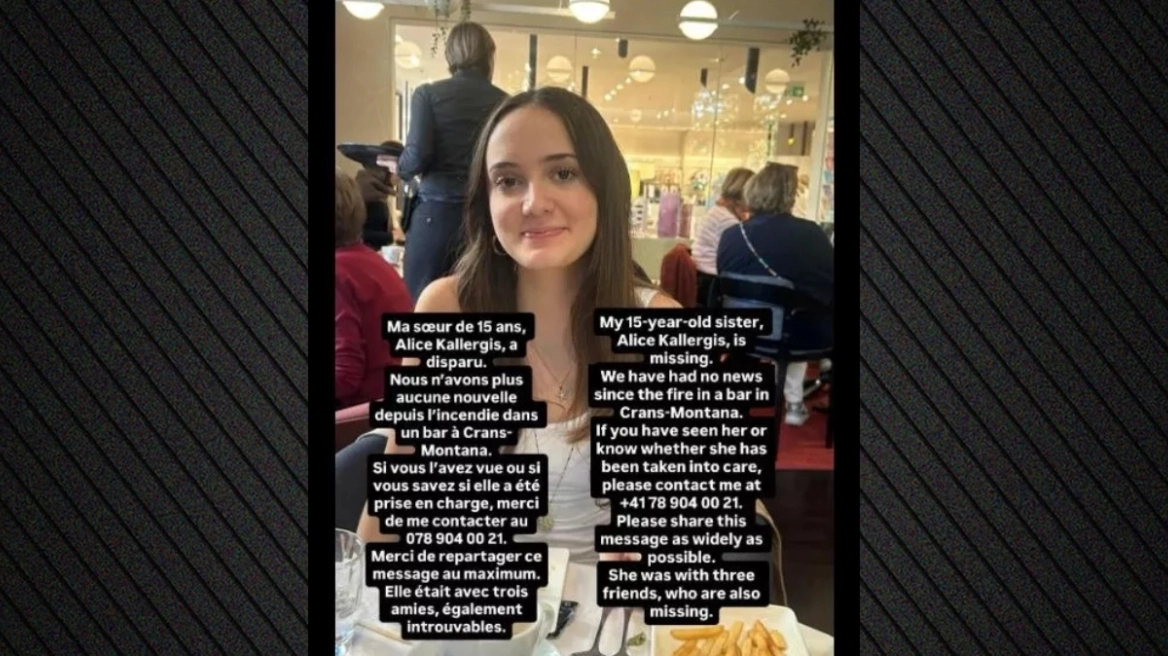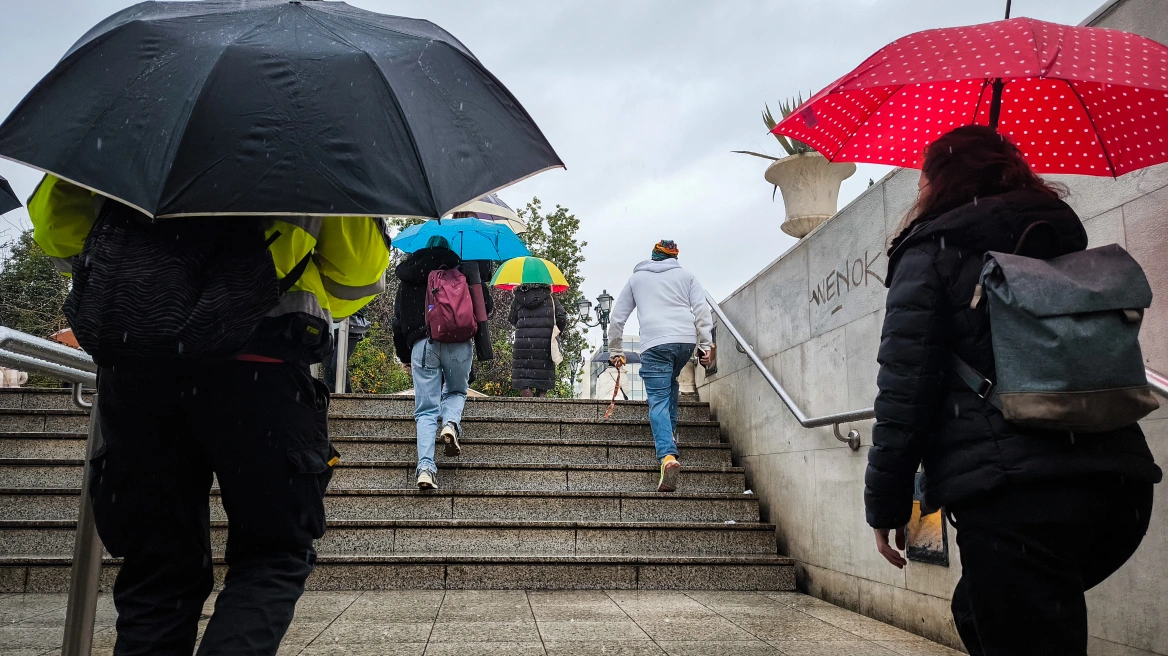The European Commission is now equipping its officials traveling to the United States with disposable mobile phones and basic laptops, in an effort to prevent potential espionage – a security protocol that was previously reserved solely for trips to China.
According to four officials familiar with the matter, cited by the Financial Times, the new directive applies to commissioners and senior officials who will attend next week’s spring meetings of the IMF and the World Bank. They noted that this measure follows the same security protocol already implemented for missions to Ukraine and China, where the use of regular tech devices is banned due to the risk of Russian or Chinese surveillance.
“There is concern that the US may infiltrate the Commission’s systems,” one official remarked.
The move underscores the extent to which EU-US relations have deteriorated following Donald Trump’s return to the presidency in January, the article stresses.
The American president has repeatedly accused the EU of being “set up to exploit the US” and imposed 20% tariffs on European exports, which he later temporarily reduced by half for 90 days.
Meanwhile, Trump has adopted a pro-Russian stance, pressured Ukraine to relinquish control of its assets by temporarily suspending military aid, and threatened to withdraw security guarantees from Europe — developments that have triggered large-scale military restructuring across the continent.
“The transatlantic alliance is over,” stated a fifth EU official.
At the same time, Brussels and Washington are engaged in sensitive negotiations on a range of issues where both sides have reasons to spy on each other. EU Trade Commissioner Maroš Šefčovič is scheduled to meet with U.S. Commerce Secretary Howard Latnick in Washington on Monday in an attempt to de-escalate trade tensions. The EU has already approved countermeasures on US exports worth €21 million in response to American tariffs on steel and aluminum, although their implementation has been delayed.
Tensions also persist in the tech sector, with Washington accusing Brussels of stifling free speech and manipulating elections, citing the recent disqualification of a presidential candidate in Romania whose popularity rose via TikTok.
Three EU Commissioners will travel to Washington for the IMF and World Bank meetings from April 21 to 26: Economy Commissioner Valdis Dombrovskis, Financial Services chief Maria Luís Albuquerque, and Development Aid Commissioner Jozef Síkela.
The Commission confirmed that its security guidelines were recently updated, though without elaborating. It only noted that the EU’s diplomatic service had been involved, as is customary. According to the guidelines, all officials traveling to the US are instructed to turn off their phones at the border and store them in special protective cases when unattended.
Additionally, the US poses a unique risk, as border officials there are legally entitled to seize and inspect visitors’ phones and laptops.
The Commission now requires its staff to travel using diplomatic documents (laissez-passer) instead of national passports, as part of enhanced protection measures.
Ask me anything
Explore related questions





